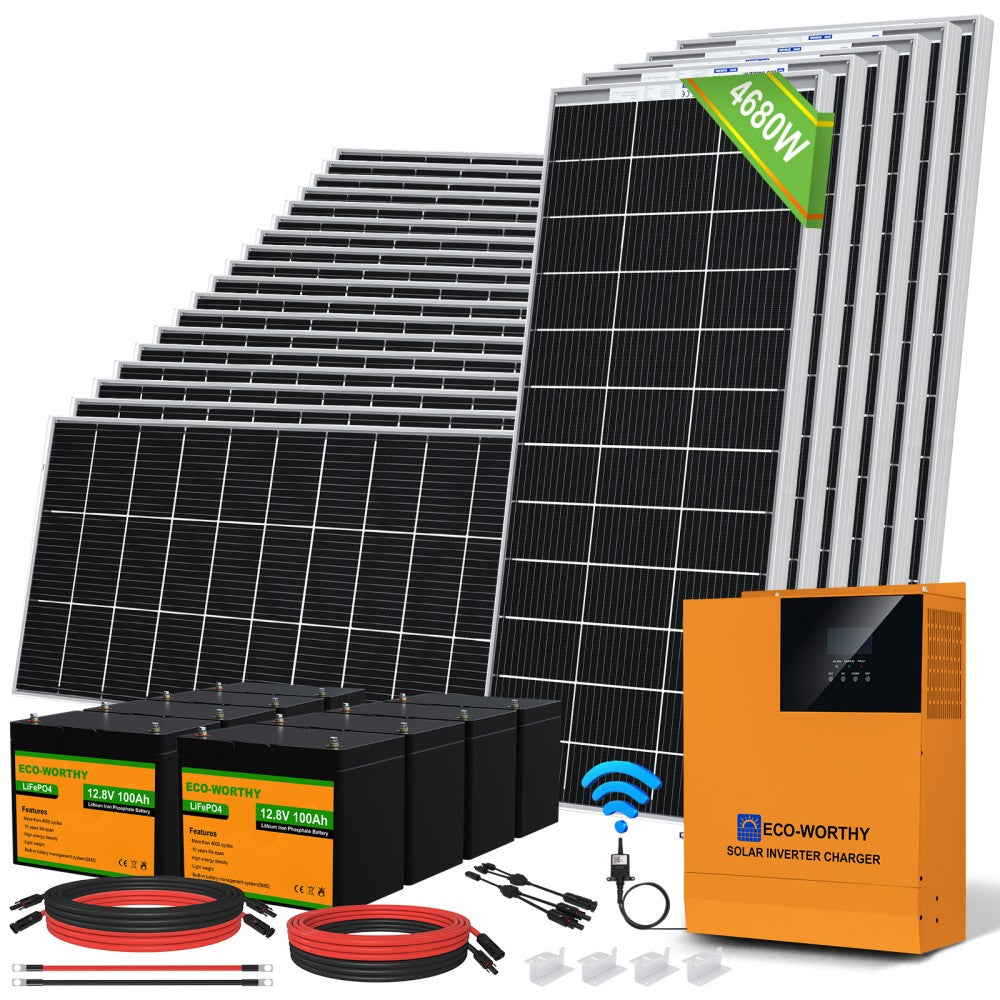In recent years, the concept of an off-grid solar system has gained significant traction among homeowners and businesses alike. This system allows users to generate their own electricity, independent of the traditional grid. But what does it take to design an effective off-grid solar system? This guide will explore the key components and considerations necessary for a successful installation.

Understanding the Off-Grid Solar System
An off-grid solar system is designed to operate independently from the main electricity grid. It typically consists of solar panels, a charge controller, batteries, and an inverter. Each component plays a crucial role in ensuring that the system functions efficiently. But how do these components work together?
- Solar Panels: These capture sunlight and convert it into electricity.
- Charge Controller: This regulates the voltage and current coming from the solar panels to prevent battery overcharging.
- Batteries: They store excess energy generated during the day for use at night or during cloudy weather.
- Inverter: This converts the stored DC electricity into AC electricity, which is used by most household appliances.
Key Considerations for Your Off-Grid Solar System
When designing your off-grid solar system, several factors must be taken into account to ensure optimal performance:
- Energy Needs: Assess your energy consumption to determine the size of the system required. What appliances will you be using, and how much energy do they consume?
- Location: The amount of sunlight your location receives will significantly impact the efficiency of your solar panels. Are there any obstructions, such as trees or buildings, that could block sunlight?
- Battery Capacity: Choose batteries that can store enough energy to meet your needs during periods of low sunlight. How long do you need the system to run without sunlight?
- Budget: Consider the initial investment and long-term savings. What is your budget for the installation and maintenance of the system?
Choosing the Right Components
Selecting the right components for your off-grid solar system is essential for its success. High-quality solar panels, reliable batteries, and efficient inverters can make a significant difference in performance and longevity. For a comprehensive range of products, consider visiting  , where you can find kits tailored to your specific needs.
, where you can find kits tailored to your specific needs.
Conclusion
Designing an off-grid solar system requires careful planning and consideration of various factors. By understanding your energy needs, selecting the right components, and considering your location, you can create a system that not only meets your energy demands but also contributes to a more sustainable future. Are you ready to take the plunge into solar energy?








